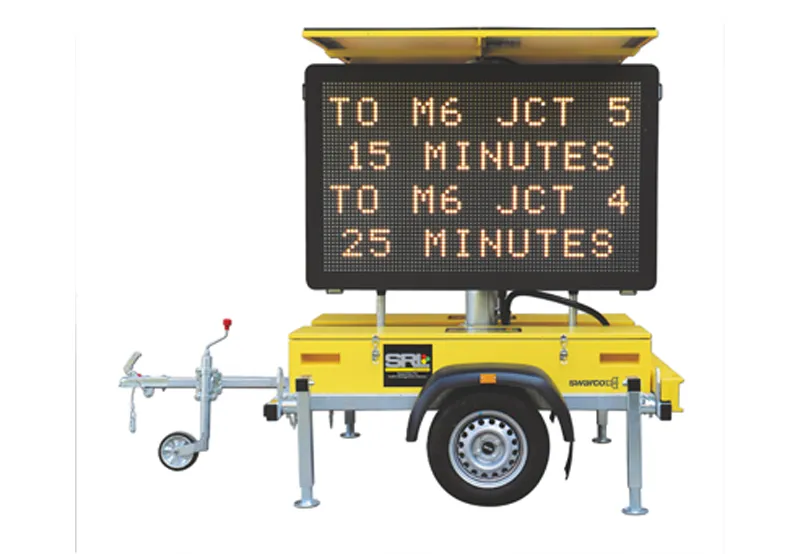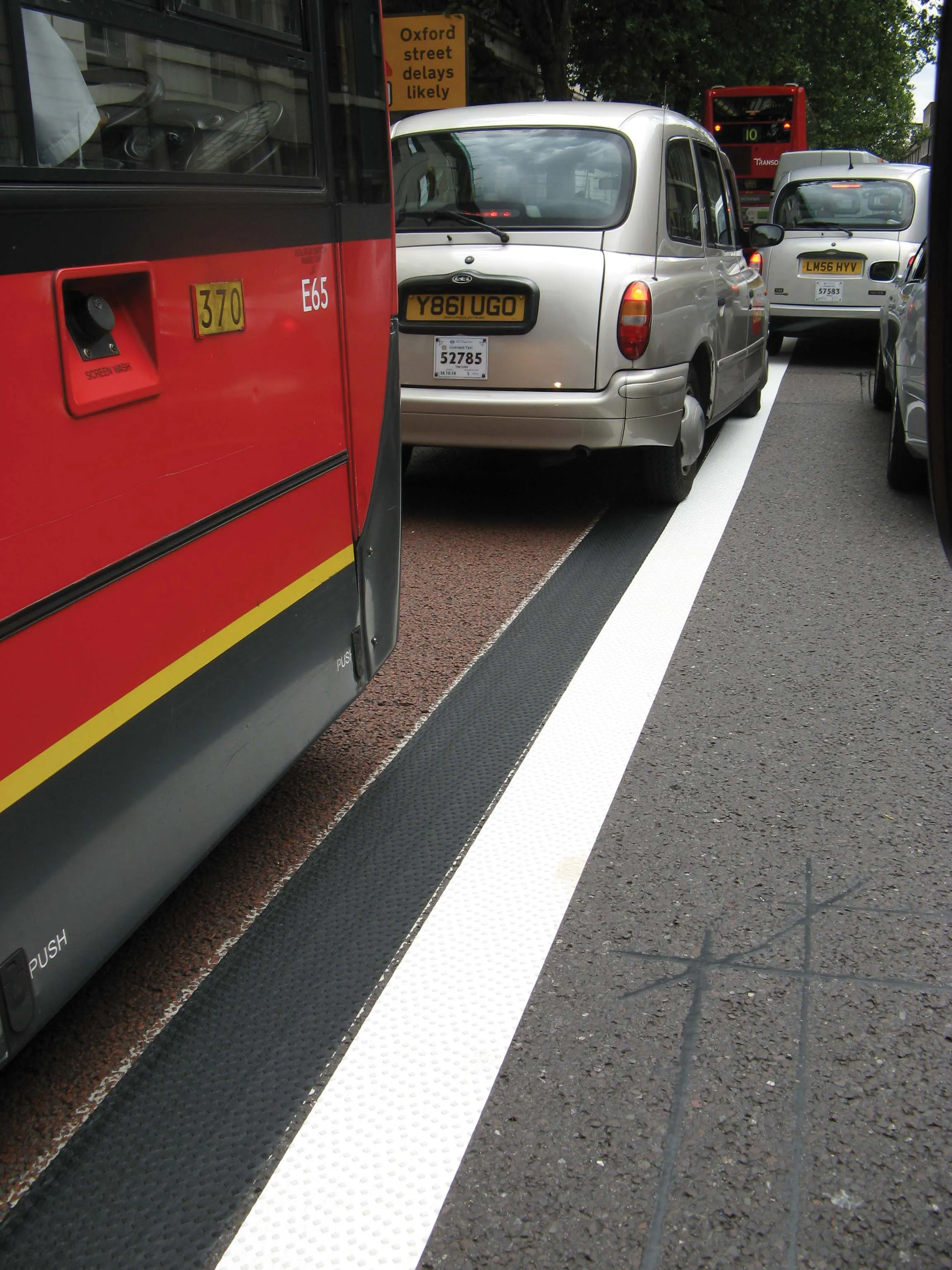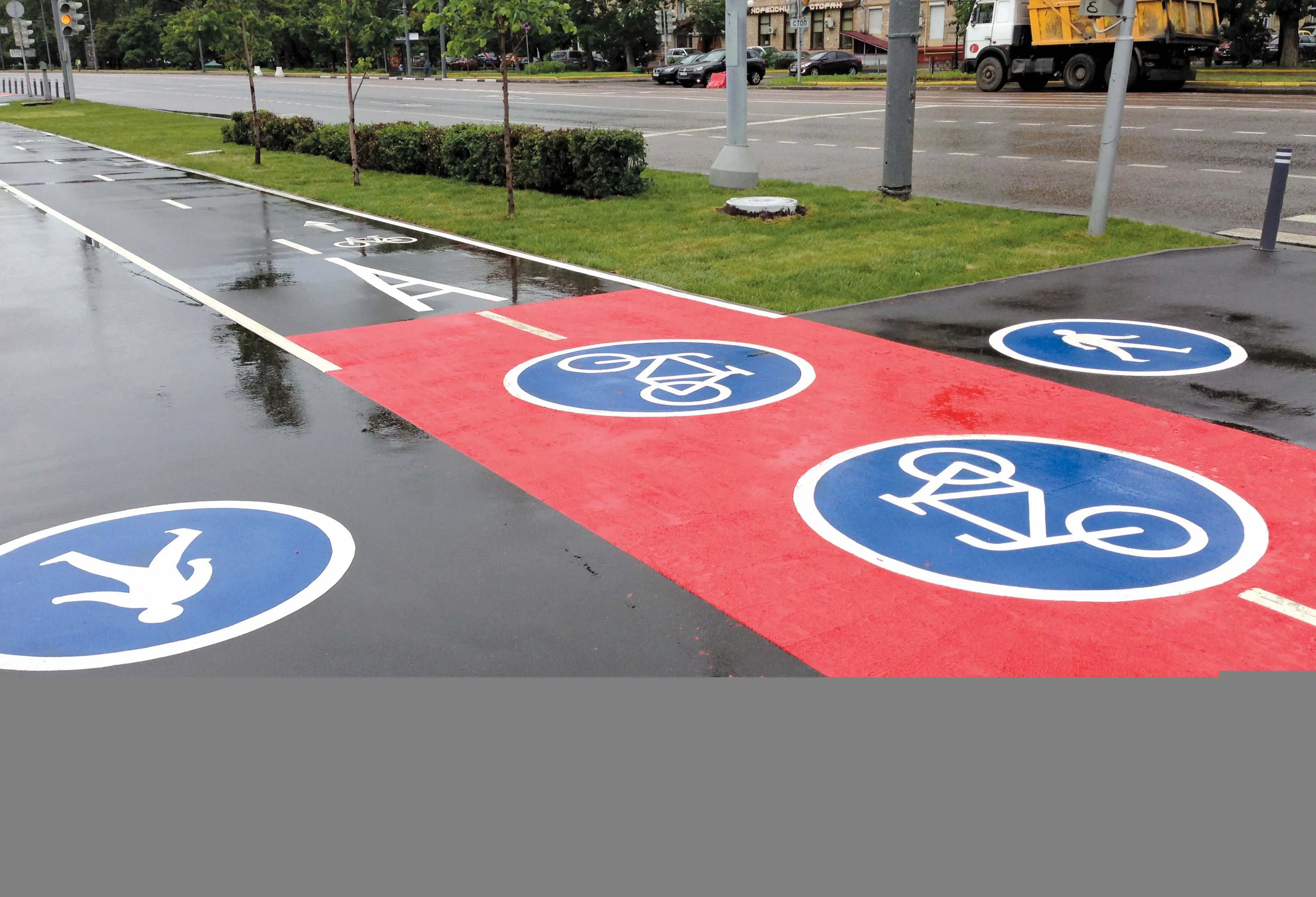
According to the manufacturer, the portable Falcon Cyclone 60 is the most convenient of the Quill Falcon range because it comprises a Quill Falcon Cyclone 60 unit, a 115litre water tank and a 90cfm or 140cfm compressor. It provides everything contractors need to start blasting almost immediately.
Applications include the removal of permanent and temporary thermoplastic paint, temporary road marking tape, surface dressing emulsion, resin based paints and anti-skid surfacing. It removes them from both the road surface and voids within the road surface.
The UK-made system does no damage to the surface, such as scorching and scarring. Importantly, there is no smoke or dust cloud that can lead to expensive clean-ups after the removal job is completed. Also, visibility in the area of work remains high enabling other trades to continue their work in close proximity to the Falcon Cyclone 60.
Water Consumption is between 100-150ml per minute and the grit type is standard particle blast media. Grit consumption is up to 1kg per minute with a refill of grit required around every three hours, depending on the operation of the system. The 25mm-diameter blast hose has a maximum length of 80m.
The number of 25kg bags of media to fill the vessel is around four bags of garnet, three bags of iron silicate and two bags of glass.
Travel dimensions of the Quill Falcon Cyclone 60 Trailer system are 1,530mm in height, 2,000mm in width and 3,050mm in length. Weight when fully loaded is around 1,240kg.








